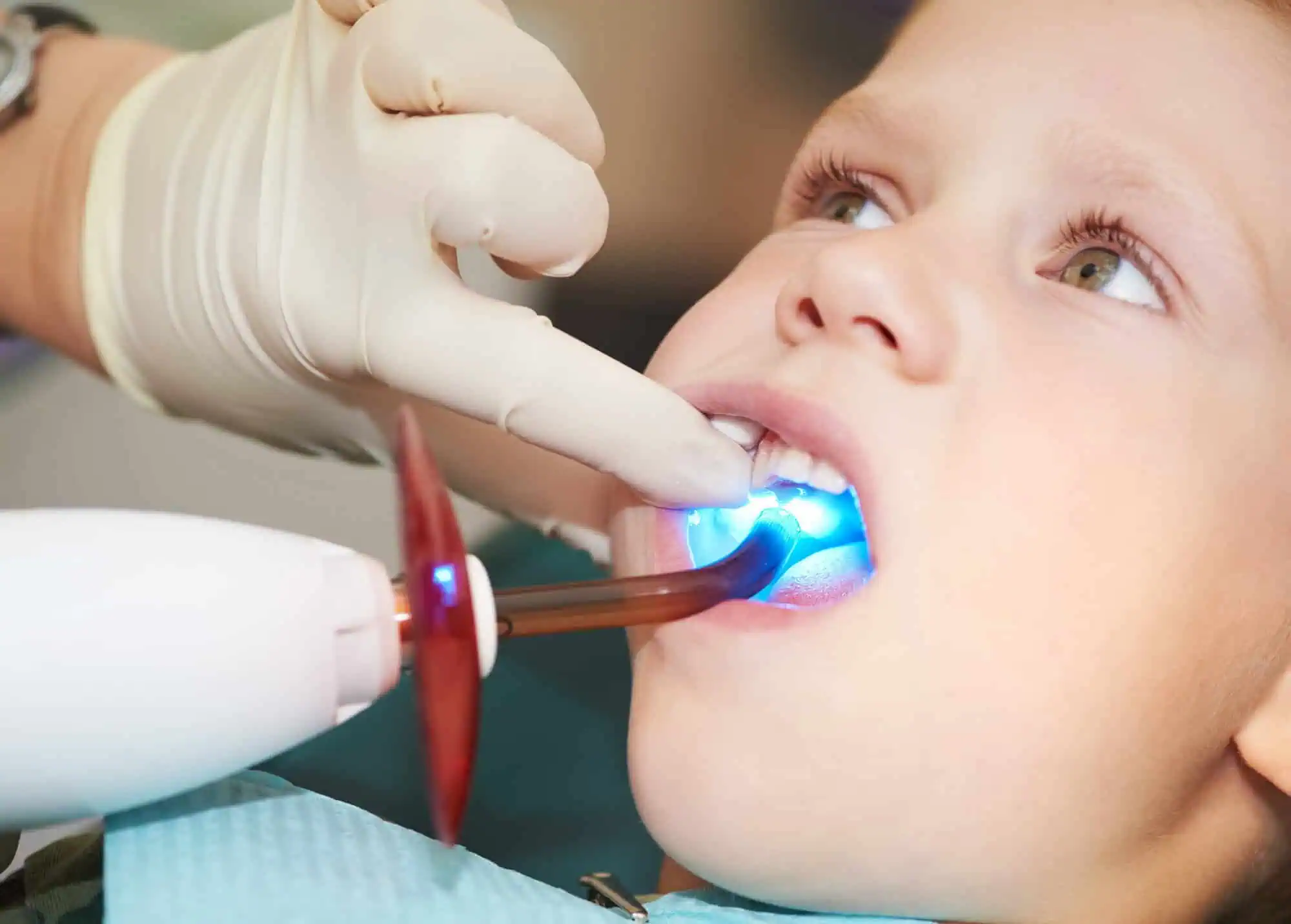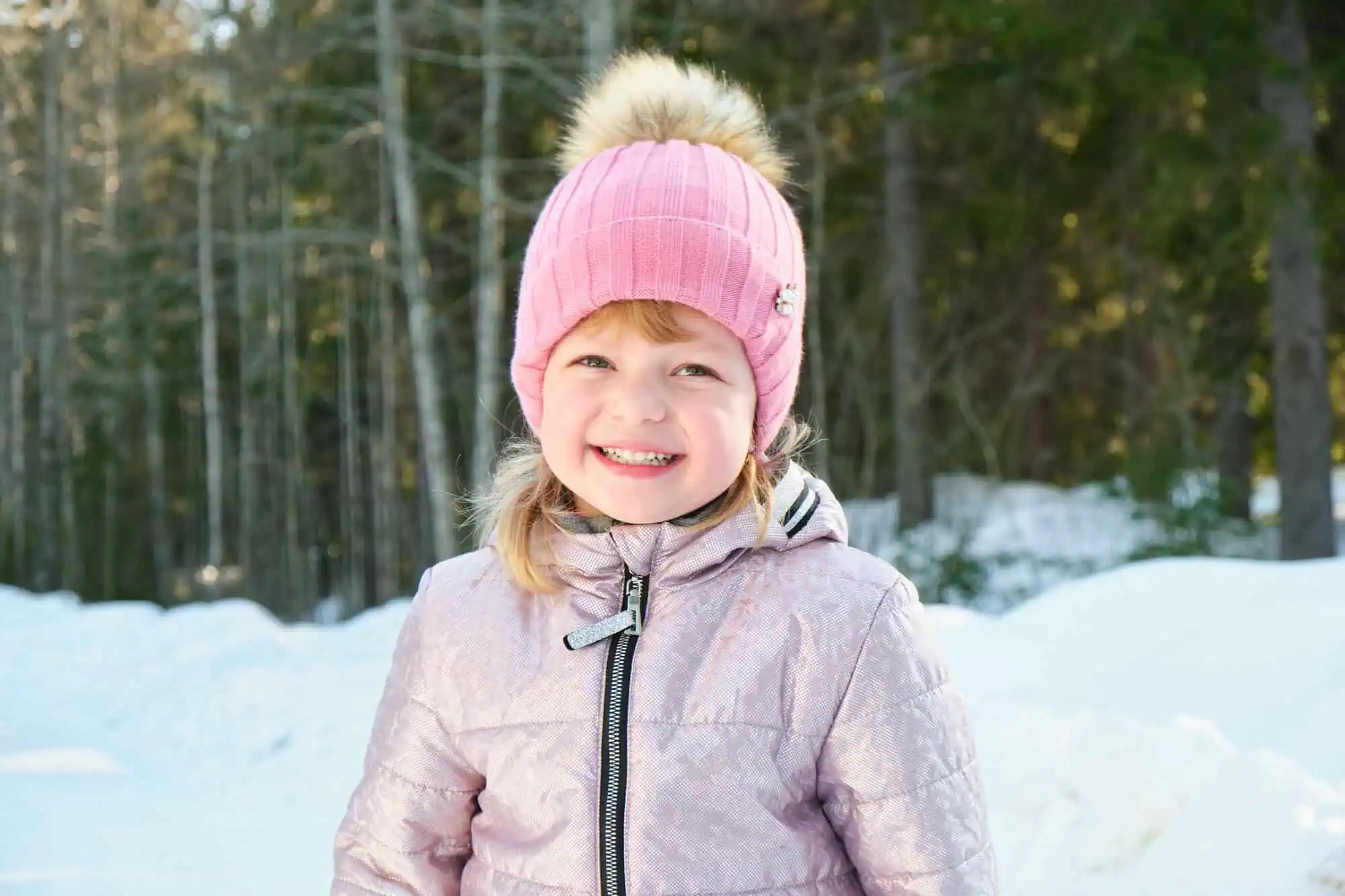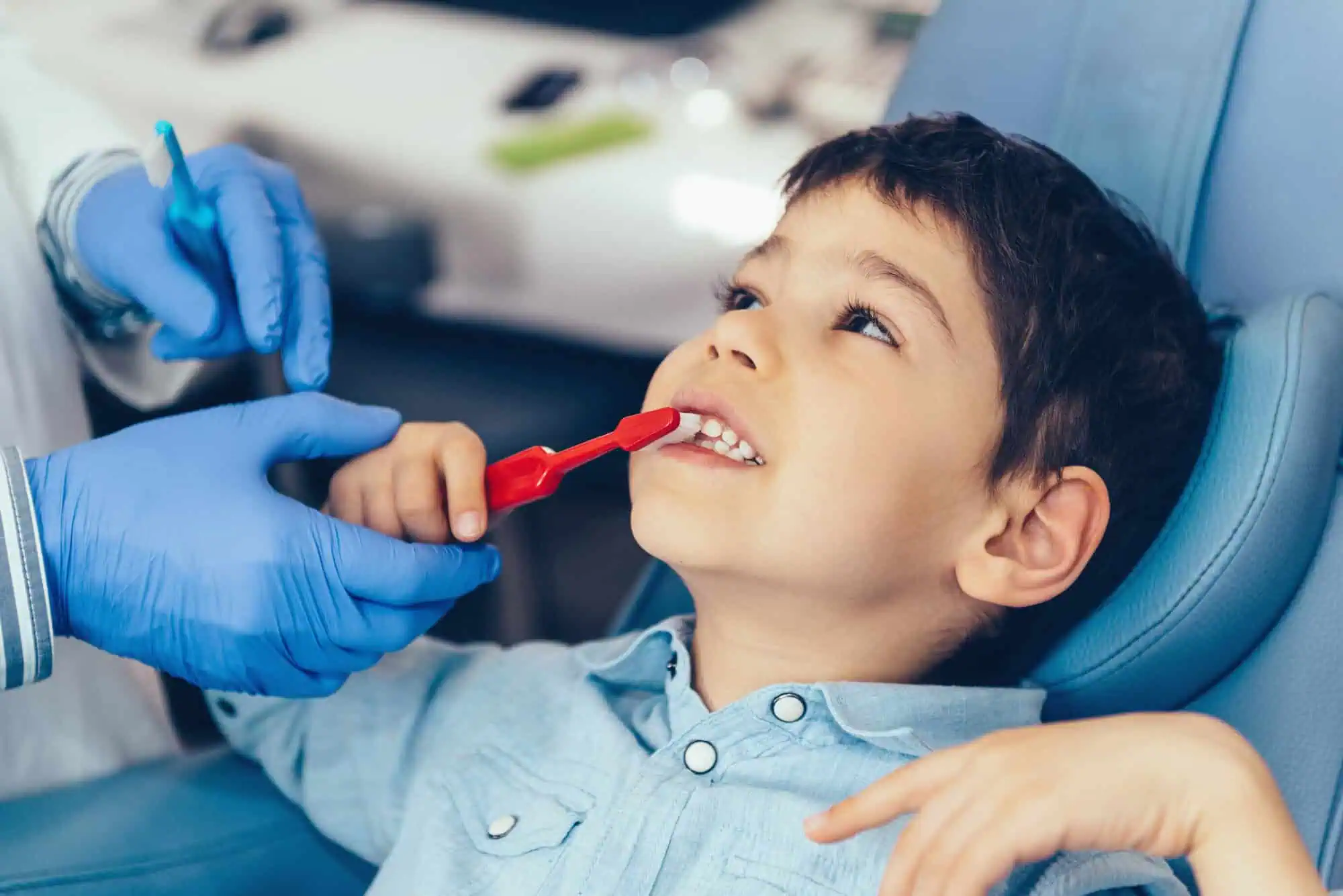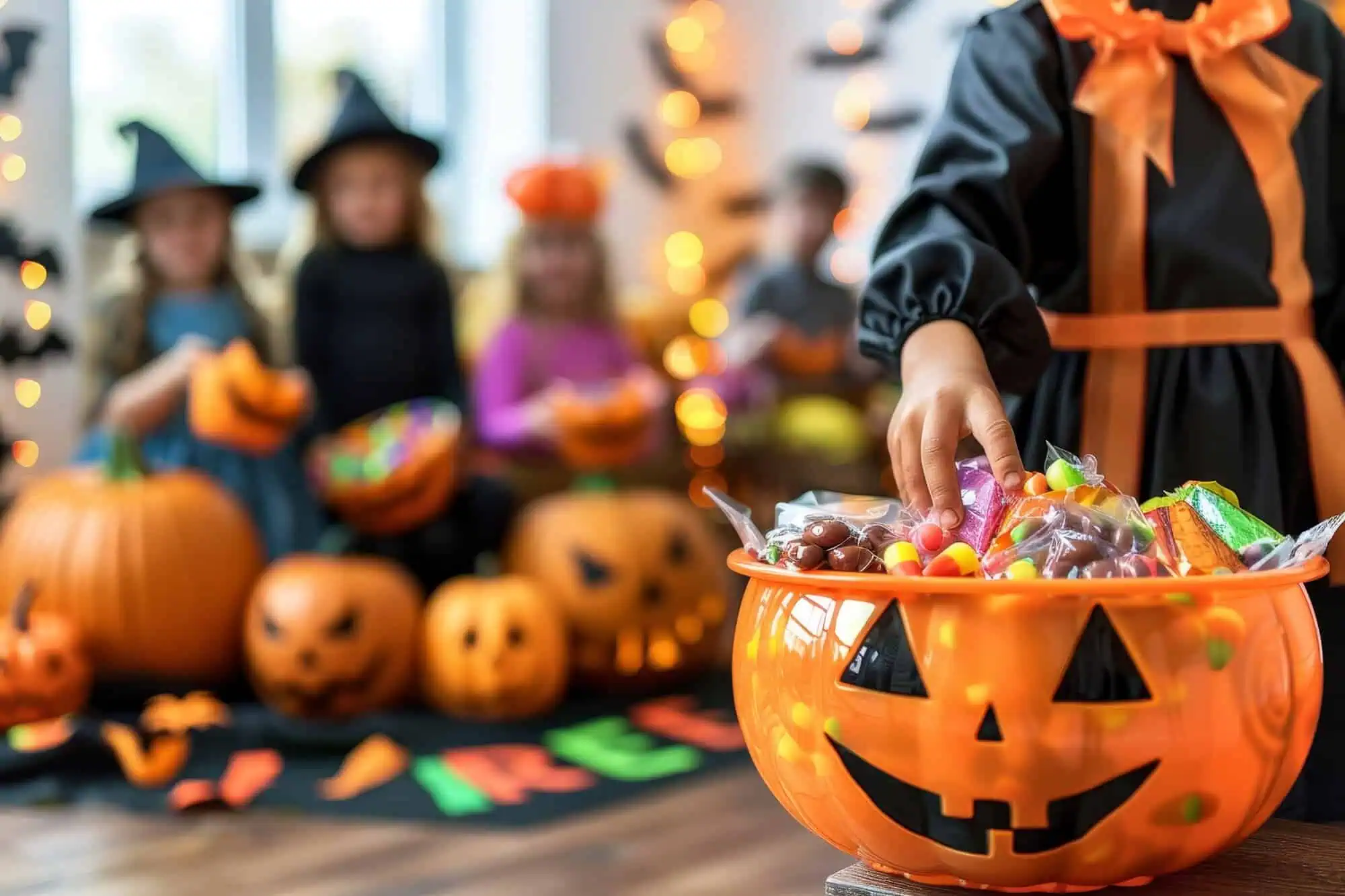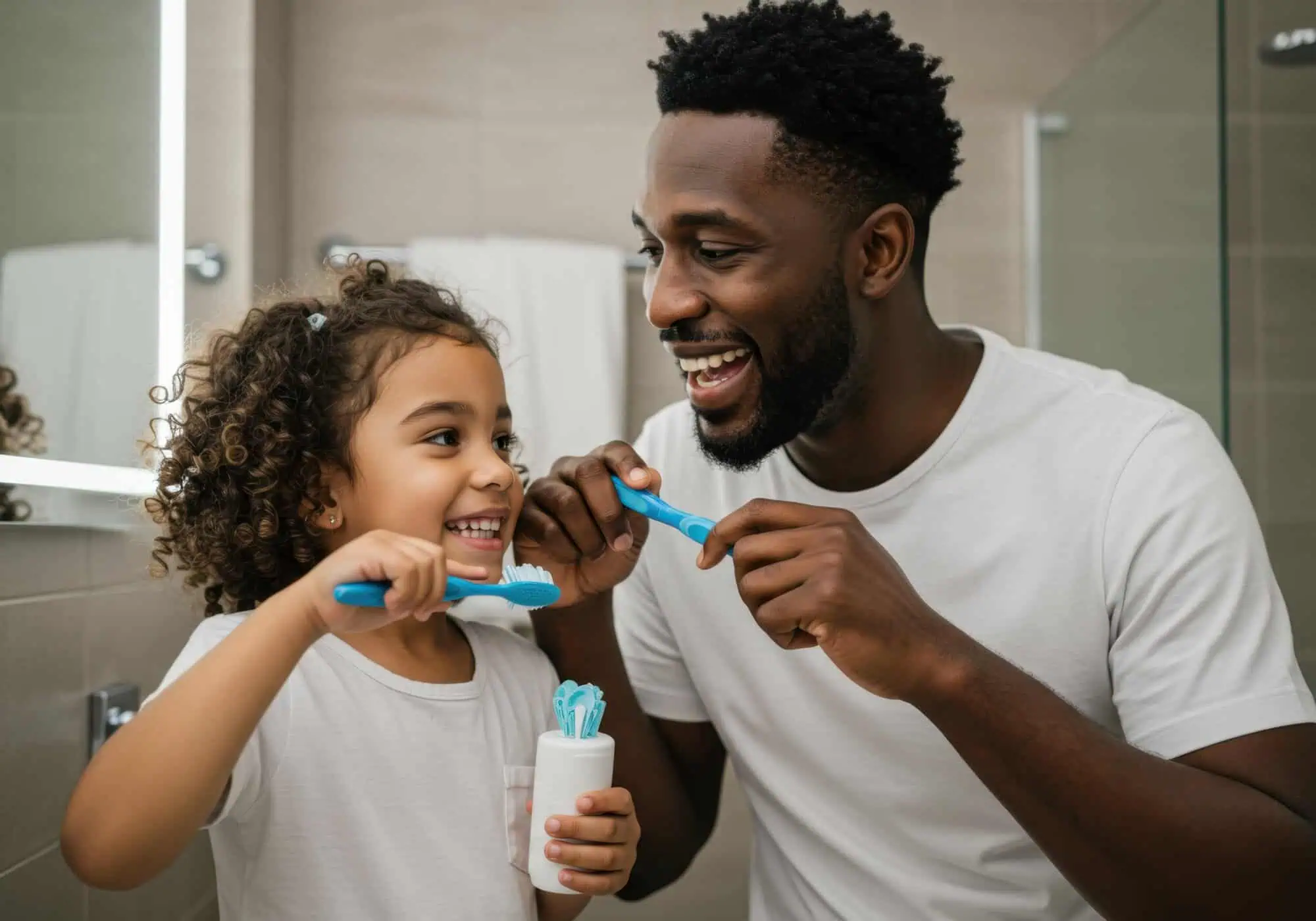Your child’s first loose tooth marks the beginning of a new chapter in their journey toward a big-kid smile. It’s an exciting milestone, but it can also bring up mixed feelings. While some children cannot wait for a visit from the Tooth Fairy, others might feel nervous about wiggly teeth and what comes next. Understanding the process can help you support your kid and make losing baby teeth a positive, pain-free experience.
When Do Kids Start Losing Baby Teeth?
Most children start losing their baby teeth around age six, but it can happen a little earlier or later for some. Teeth typically fall out in the same order they initially came in, beginning with the lower front teeth. Over the next several years, primary teeth will gradually fall out to make room for permanent counterparts, with the last primary molars coming out around age 12.
Signs That a Tooth Is Ready to Fall Out
If your child has a loose tooth, it might take a few weeks to fall out completely. Here are some signs that it is getting close:
- The tooth wiggles with gentle pressure
- The tooth shifts forward or backward in its position
- Your child feels mild discomfort when eating or brushing near the tooth
- The permanent tooth starts to erupt behind the baby tooth
It is recommended to let the tooth fall out naturally rather than forcefully pulling it out. If a loose tooth is bothering your child, encourage gentle wiggling with a clean finger or tongue instead of using force.
How to Make Losing Teeth a Fun and Memorable Experience
Losing your first tooth is a fun part of growing up, but it is normal for kids to feel a little nervous. Here are a few ways you can make the experience as smooth and enjoyable as possible:
1. Keep It Positive
Like any new experience, the thought of losing a tooth can seem a little intimidating at first. However, with the right support and encouragement, it can turn into an exciting adventure. Reassure your kid that it is a natural part of growing up, and remind them that their adult teeth will soon come in. Celebrate their bravery and help them feel proud of their growing smile!
2. Encourage Gentle Wiggling
Your child may notice a wiggly tooth a few weeks before it is ready to come out. If the tooth is loose but still holding on, encourage your child to gently wiggle it from time to time. Just remind them to not twist or yank on it. A tooth that is truly ready will come out with little effort.
3. Offer Soft Foods When Needed
A little sensitivity is completely normal when teeth start to wiggle. If your child finds mealtimes uncomfortable, try offering softer foods like yogurt, mashed potatoes, or smoothies. Crunchy or sticky snacks can put extra pressure on those tender teeth, so it is best to save them for after the tooth has come out.
4. Use a Cold Compress for Any Soreness
Some mild discomfort is to be expected after a tooth falls out. A cold compress or even a popsicle can help ease soreness and reduce any swelling. If there is a bit of bleeding, have your child gently bite down on a clean piece of gauze or a damp washcloth until it stops. Managing pain effectively can help turn losing teeth into a positive memory.
5. Let the Tooth Fairy Work Her Magic
Adding a little magic can turn a wiggly milestone into something truly memorable. A visit from the Tooth Fairy is the perfect way to celebrate! Whether she leaves behind a shiny coin, a tiny treasure, or a trail of sparkly fairy dust, starting a fun tradition can help take the fear out of losing teeth and turn it into something your kid will look forward to.
When to Call the Dentist
While losing baby teeth is typically a smooth, predictable process, there are a few situations where it is a good idea to check in with your child’s dentist if they arise:
- A loose tooth that is causing significant pain or swelling
- A tooth that has been loose for a while without falling out
- A tooth that is loose or falls out due to injury
- A permanent tooth that erupts before the baby tooth falls out
Helping Your Child’s New Teeth Stay Healthy
Once baby teeth start falling out, it is essential to focus on caring for the new permanent teeth. Encourage your child to brush and floss regularly, and make sure they visit the dentist for their checkups. A well-balanced diet rich in calcium and vitamin D will also support strong, healthy teeth as they grow.

A Milestone Worth Smiling About
Losing baby teeth is a natural part of growing up, and with a bit of encouragement and care, it can be an exciting time for kids. If you ever have concerns about your child’s teeth, our pediatric dental team is here to help! Schedule a checkup with us to ensure their growing smile stays healthy and bright.



